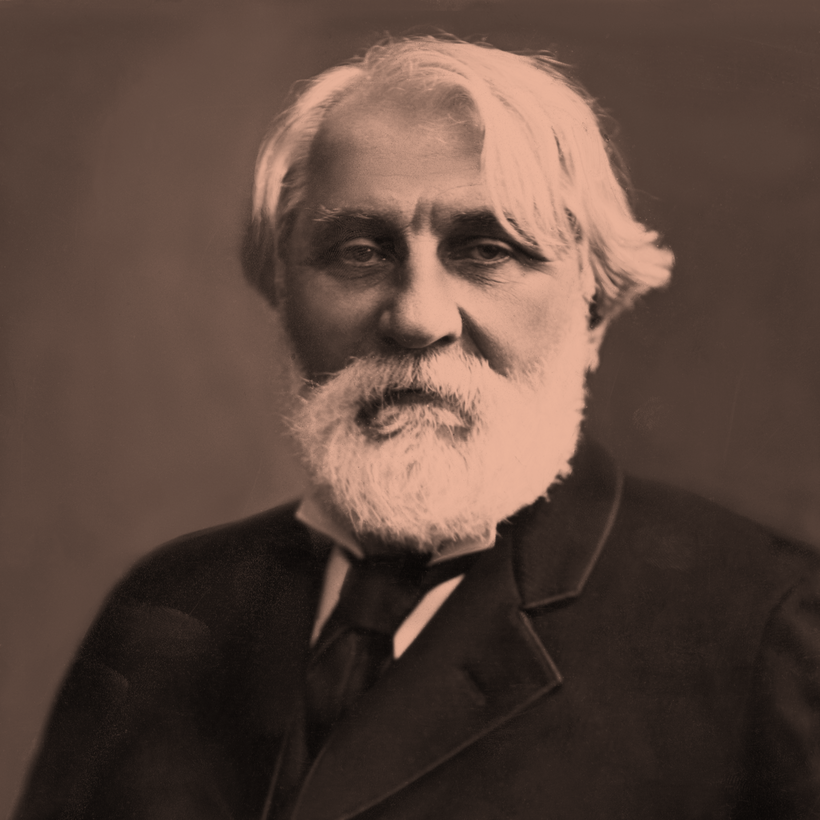translated by Nicolas Pasternak Slater
and Maya Slater
When millennials turned the phrase “O.K., boomer” into an insult, a sarcastic dismissal of the clueless elderly, they hardly realized the irony involved. People born during the post–World War II baby boom may be on Social Security today, but in their hearts they will always be the generation of the 1960s youthquake, whose motto was “Don’t trust anyone over 30.” Having failed to die before they got old, as The Who recommended, they now find themselves on the wrong side of a new generation gap.
The idea of the generation gap is so fundamental to the way we think—about everything from politics and economics to pop music and corporate branding—that it seems like a permanent part of the human condition. And it’s true that people have been telling stories about the clashing desires of the old and the young since long before Romeo and Juliet paid the price for their parents’ feud. What’s distinctive about modern generational warfare is that it turns personal and family conflicts into ideological struggles. The young and the old are no longer just human beings at different stages of life’s journey; they are like political parties or warring classes, fighting over fundamental issues of power and justice.

